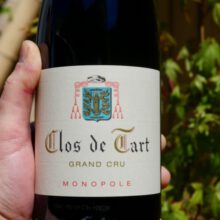
Product information
Clos de Tart Grand Cru Monopole 2019
Pinot Noir from Morey-Saint-Denis, Côte-de-Nuits, Burgundy, France
$2,245
Description
“70% new wood. Purple black, with a light reduction on the nose, but a massive heart to it. Waves of fruit, red and black fighting it out, incredible intensity through the middle, a very good little touch of acidity at the back. Clos de Tart is never going to be a sensual wine though there is plenty of flesh on the bones. Perfectly judged ripeness here. Probably a bit more than 50% whole bunch has been used overall, but the decision is made for each individual cuvee. I retasted the 2019 having just tasted the 2018 wines from the estate, which showed the 2019 in a fresher light. The bouquet holds up really well and there is a terrific mineral crunch to finish. The red fruit starts to take the lead and the precision of this first class Clos de Tart was clear to see.”
Jasper Morris
All reviews below. Available in Magnum.
In stock
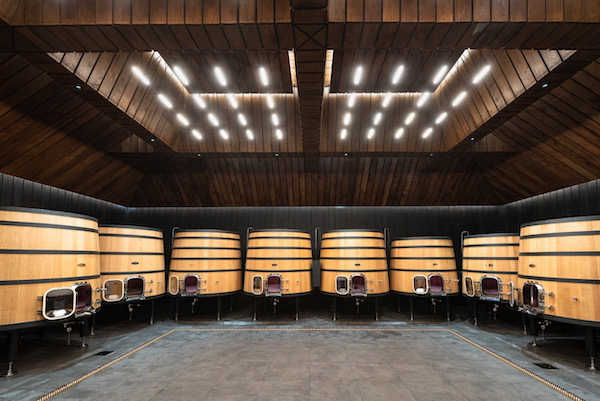
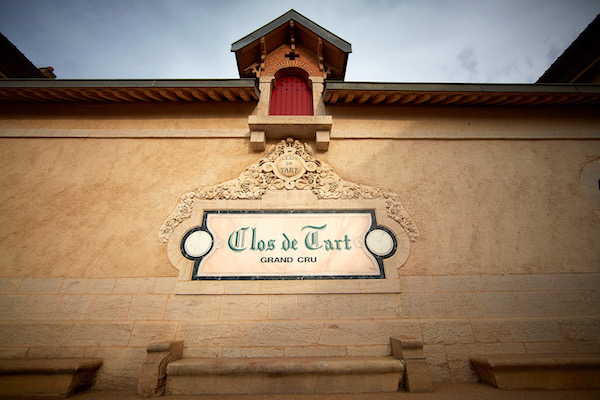
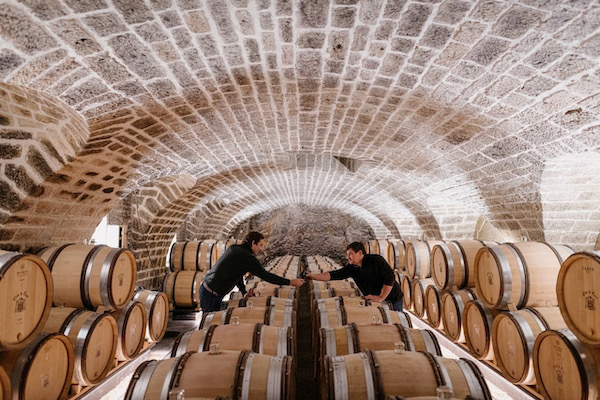
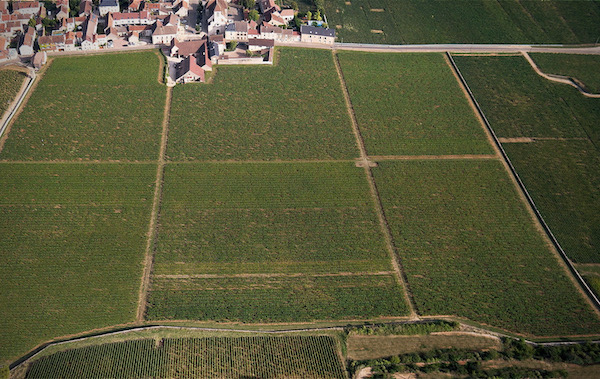
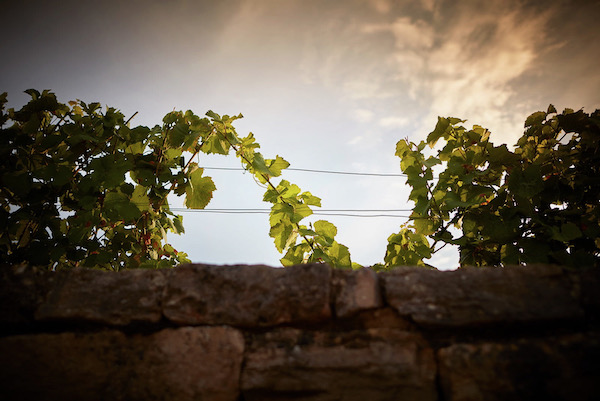
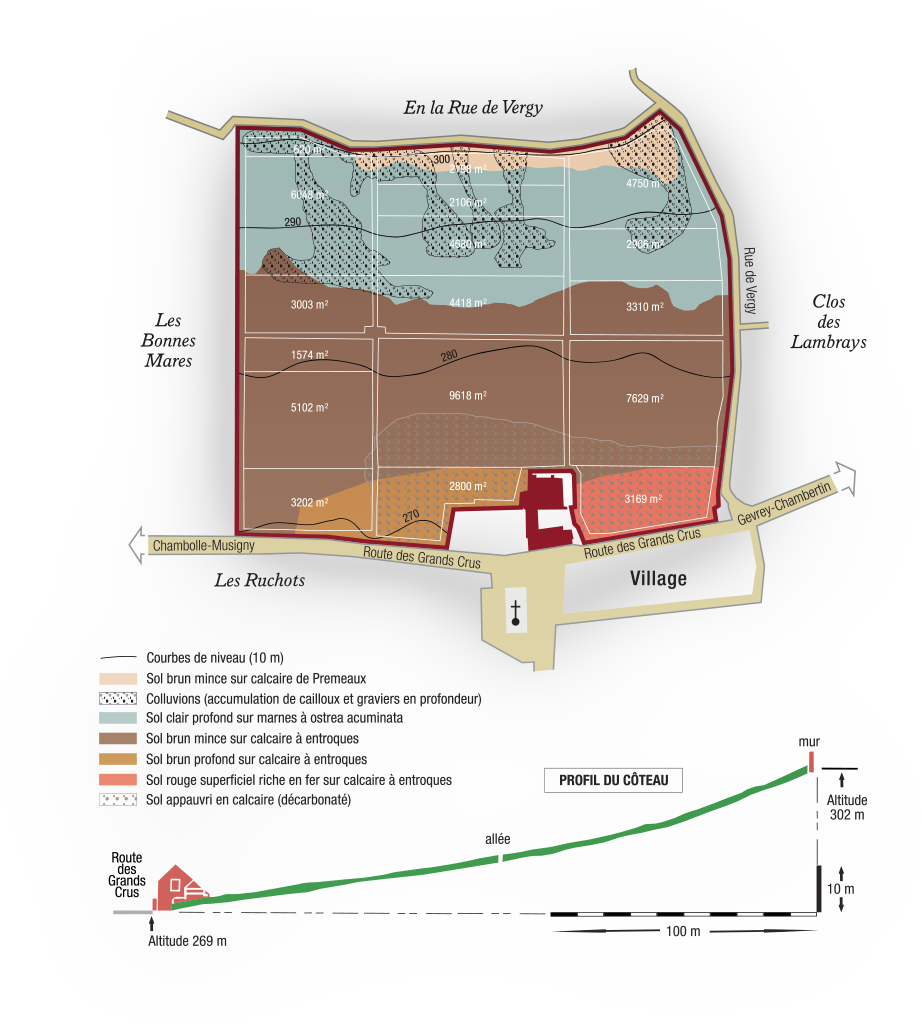



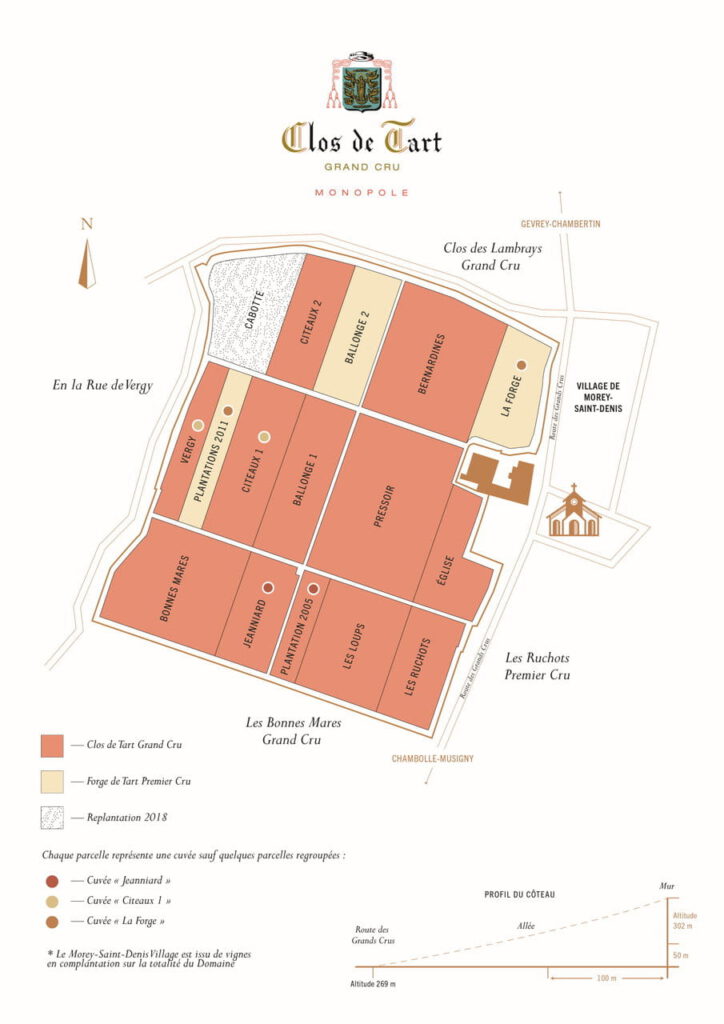
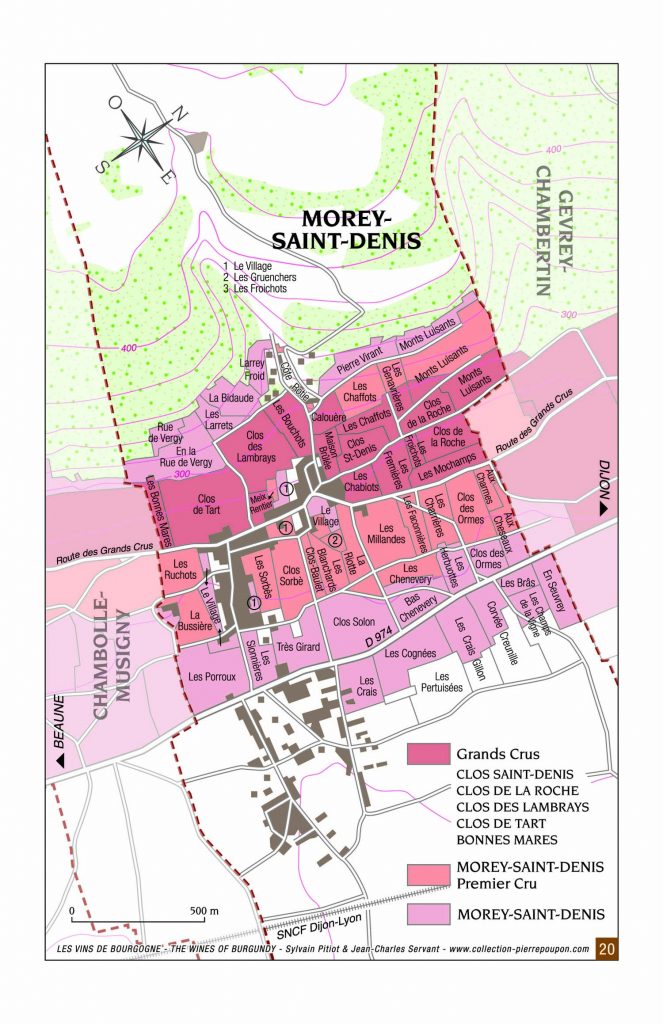
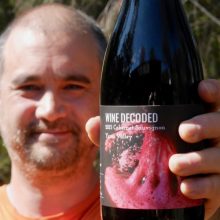

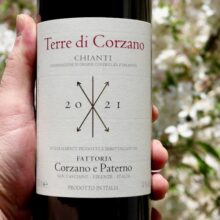

You must be logged in to post a comment.